NOMAD WELLNESS NISEKO | 070 9090 8183 | info@nomadwellnessniseko.com
Medial Collateral Ligament (MCL)
The MCL is a band of tissue located on the inner side of the knee joint. It plays a crucial role in stabilising the knee, preventing it from excessive valgus. The MCL attaches to the thigh bone (femur) and the shin bone (tibia).
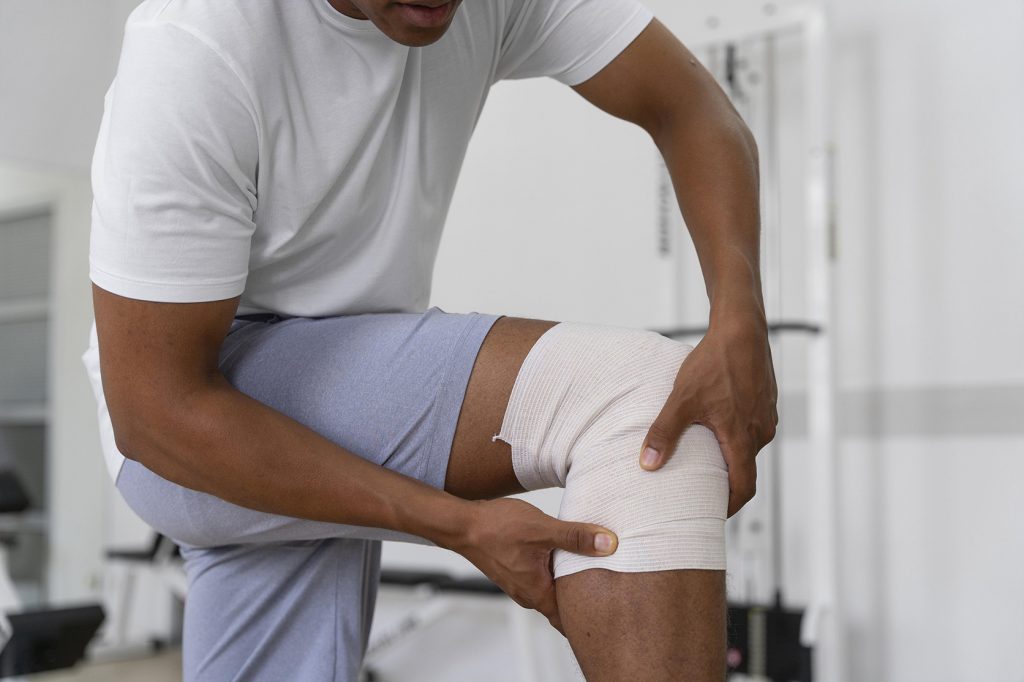
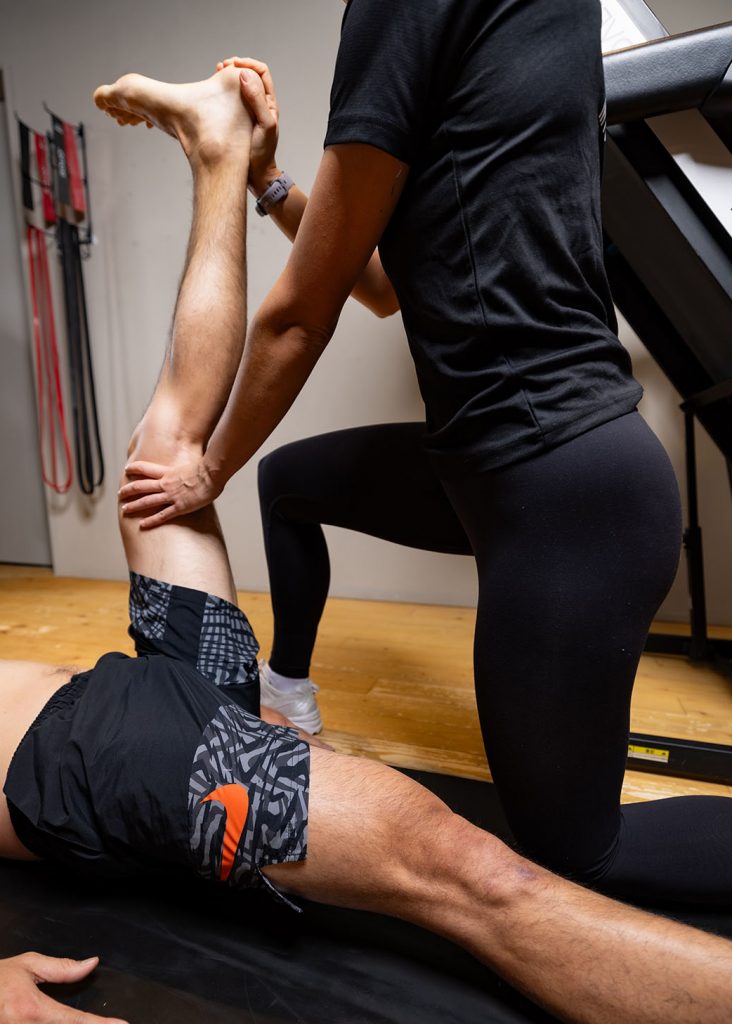
Mechanism of Injury:
MCL injuries often occur due to:
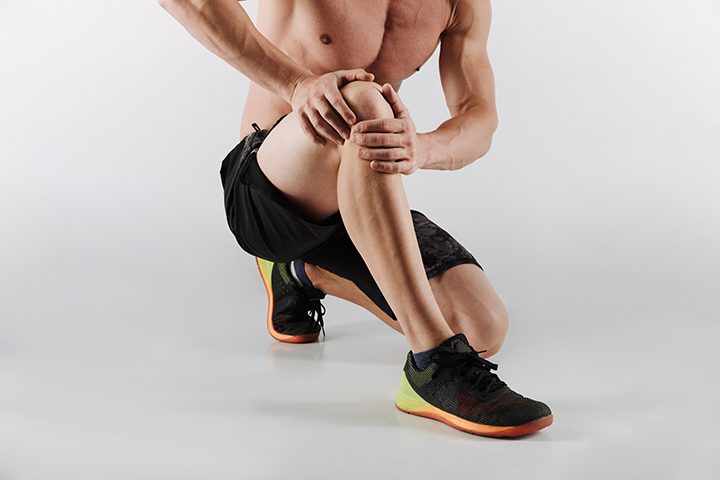
Valgus Force
This force occurs when there is a direct impact on the outer side of the knee, forcing it inward. In skiing and snowboarding, this can happen during falls, collisions, or awkward landings.

Twisting Movements
Sudden twisting or pivoting of the knee, which is common in sports like skiing and snowboarding, can also contribute to MCL injuries. This injuries often coincides with a meniscus or ACL injury.
The MCL is essential for knee stability, especially on the slopes—but how do you know if yours is injured? Learn the key signs of an MCL injury and what every skier should watch for in our article: Signs of MCL Injury: What Skiers Should Know.
MCL Injuries in Skiing and Snowboarding
MCL injuries are relatively common due to the dynamic nature of these activities. Factors contributing to MCL injuries include
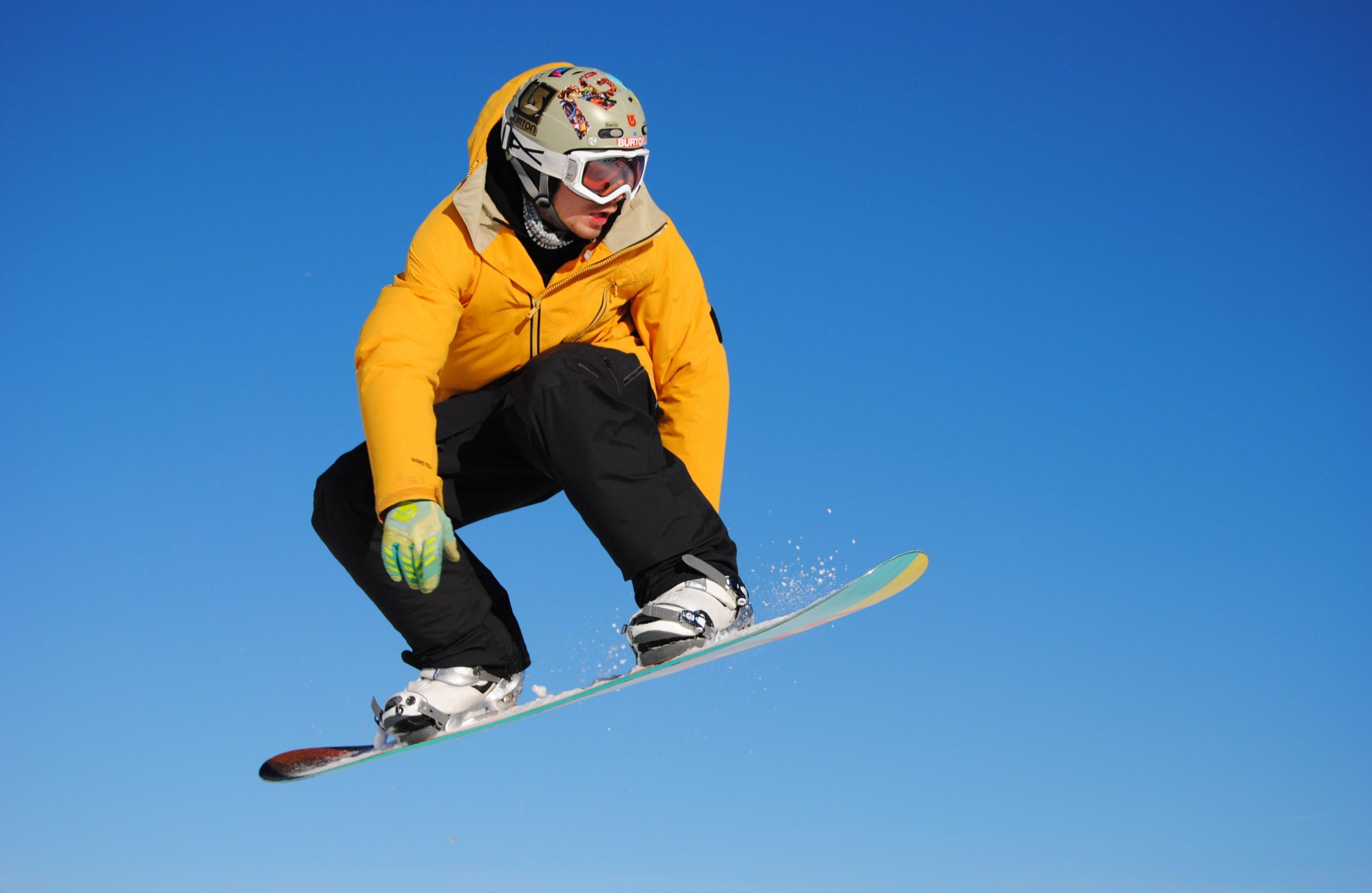
Improper Technique
Incorrect skiing or snowboarding technique, especially during turns or jumps, can put extra stress on the knee and increase the risk of MCL injury.
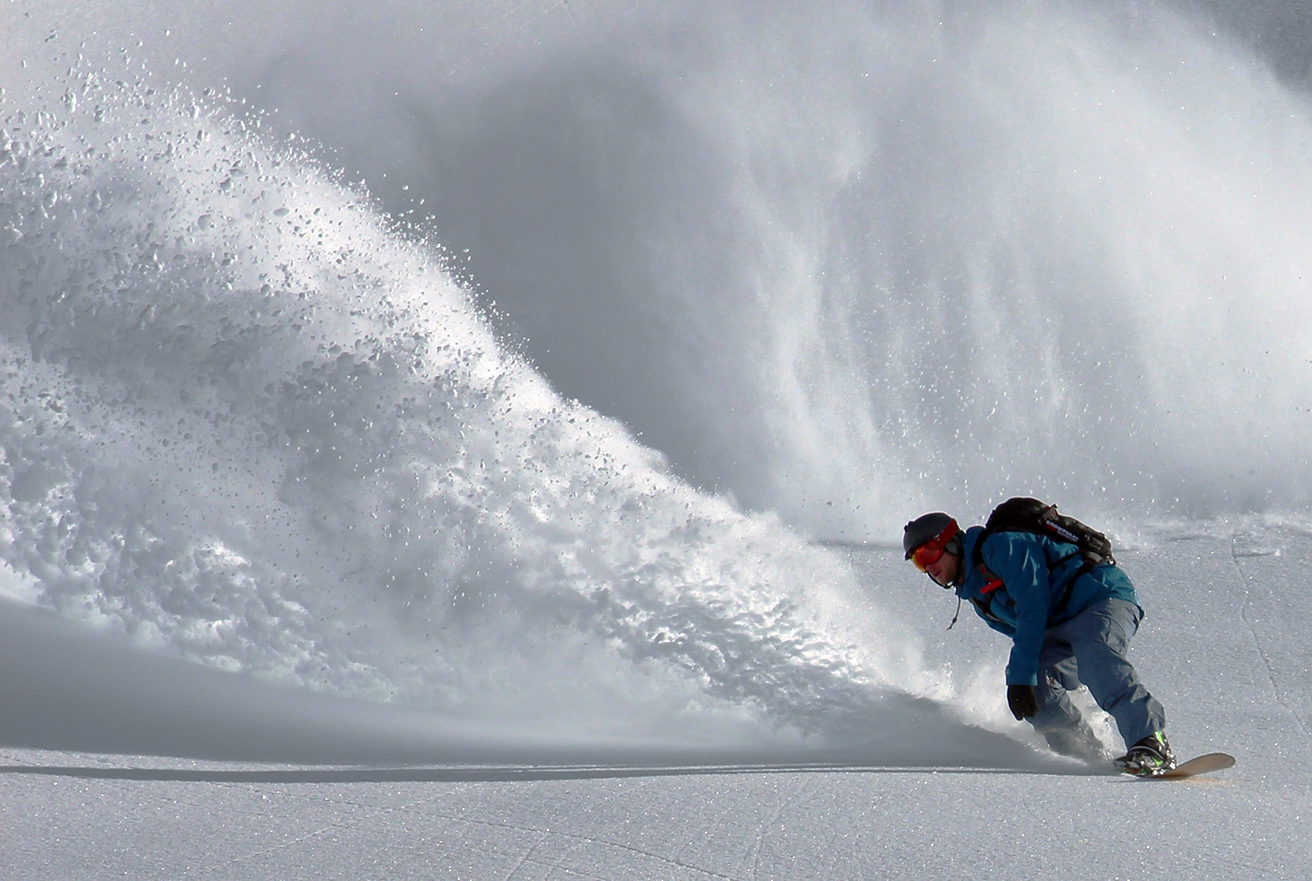
Terrain Conditions
Uneven terrain, moguls, or icy patches can lead to unpredictable movements, increasing the likelihood of MCL injuries.
